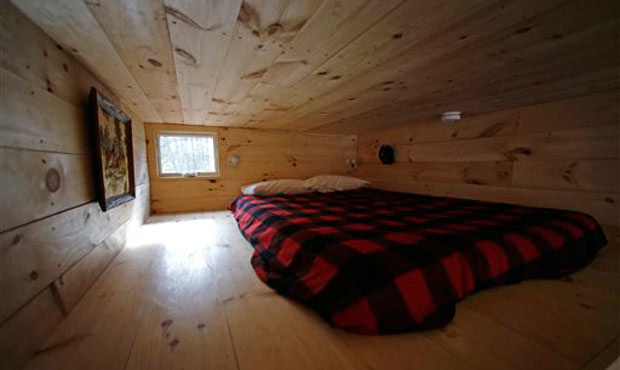Moving abroad? It’s often easier to buy in the U.S.
Jun 4, 2015, 9:03 AM | Updated: Mar 4, 2016, 5:46 am
The Internet has not only made the world flat but it has also created more job opportunities overseas. GenXers have discovered working abroad can have enormous benefits, including the chance to show the boss you are a team player and are willing to help in an office abroad that might be out of the question for fellow employees.
Buying real estate in other countries often is not as easy as non-nationals buying in the States. For example, while Australian beaches are legendary (and are a welcome “endless summer” for Northwest winters), trying to buy a piece of property at terrific seaside community about an hour’s drive north of Brisbane on the Sunshine Coast turned out to be problematic for a Gig Harbor-based software engineer.
While beach communities and view property values “down unda” have outperformed just about every other sector of Australian housing, don’t try to buy with the intention of renting it out when you’re not there. That’s because the Aussies have an interesting way of keeping affordable housing stock for their own.
No foreigner is allowed to purchase a previously owned, or resale, home. All “second hand” single-family homes and condominiums are reserved for Australians, keeping software engineers and other non-nationals from acting on their dreams about rehabbing an oceanfront cottage.
Foreign investors can buy new homes still in the planning stage, known as “off-the-plan” developments, if they receive permission from the Foreign Investment Review Board. The developer is required to obtain the required permits to sell up to 50 percent of his new units to non-residents.
Downpayments typically are 10 percent of the purchase price and are held in a legislated trust account. The developer cannot use this money until the property is fully completed. The full balance is paid upon completion of the project, which often gives the buyer at least 12 months to arrange for the balance. Foreigners can also acquire vacant land to build a house with the condition that they start construction of the house within 12 months of purchase of the land.
If you don’t claim the home as your second residence, get ready for a significant tax bite, especially if you plan to fix it up and turn it over. The amount of Australian capital gains tax will depend on the circumstances of the seller and the time during which he or she has owned the property. Generally if you are purchasing a property for investment purposes and you sell the property within the first year, you are liable for a capital gains tax of 50 percent; 25 percent any time after the first year.
If you eventually rent your beach house, the rental income will be subject to Australian income tax. If the income earned from the rental of the Australian property is also taxable in the U.S., a credit is given for the tax paid in Australia.
Too expensive at the beach, can’t buy resale . . . what about the student as the buyer near a university? Now, that’s possible but there is a $300,000 limit for a home acquired by a student and the home needs to be close to school. They also need to be studying at a recognized school, be at least 18 years of age and hold a student visa valid for at least the next 12 months. In addition, students need to provide a letter from their university confirming the course they are attending and its duration. They also must live there, not rent it out and sell it when their visa expires.
What if we kept all of our re-sale homes for U.S. citizens? What if corporate giants sending their overseas transfers here could only buy in a development yet to be built? Some of the competition in Puget Sound neighborhoods would slow, allowing more locals to have a shot at staying local.
The Aussies do a lot of things right, including the manner in which they treat visitors. Maybe we should pay more attention to how they treat their own.
New book: Follow real estate agent and basketball coach Ernie Creekmore as he attempts to solve another murder – this time a “helicopter” parent constantly prodding his star athlete son. Tom Kelly’s “Hovering Above a Homicide” is now in print and E-book form. Get a signed copy at TomKelly.com or purchase at bookstores everywhere and online.










